Hearing impairment is a growing concern affecting millions of individuals worldwide. Traditional hearing aids can be costly and may not always align with the lifestyle and preferences of users. With the increasing prevalence of wireless audio technology, Apple’s AirPods have emerged as a potential alternative for many seeking affordable and wireless solutions for enhanced hearing capabilities. Designed with advanced technology and a sleek interface, AirPods can help amplify sounds, filter background noise, and improve overall auditory experience, making them appealing to a broader audience, including those who prefer discretion and convenience. This article explores how AirPods can be utilized as hearing aids, highlighting their features, addressing common concerns, and providing useful insights for potential users.
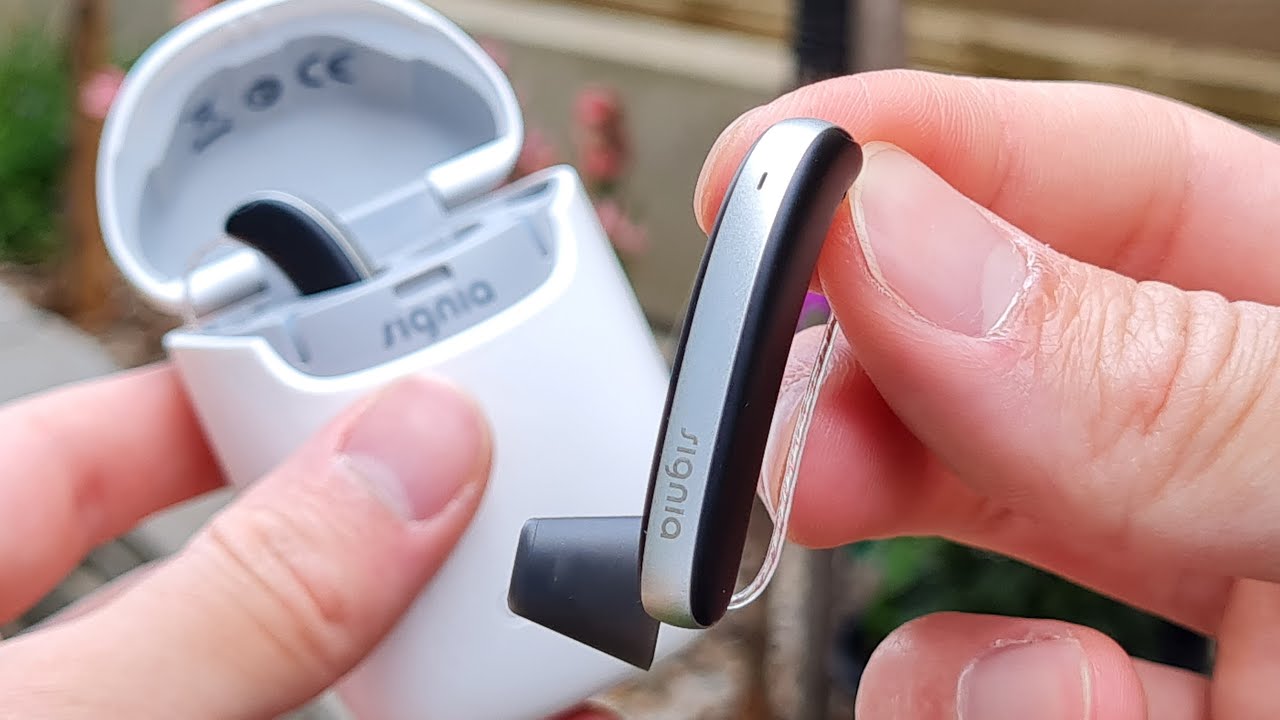
airpod as hearing aid
Benefits of Using AirPods as Hearing Aids
AirPods, particularly the Pro model, come equipped with active noise cancellation, which can help users filter out background noise effectively. This feature can be beneficial in crowded environments. The transparency mode allows users to hear the surrounding sounds while still enjoying music or conversations, making it adaptable for various situations.
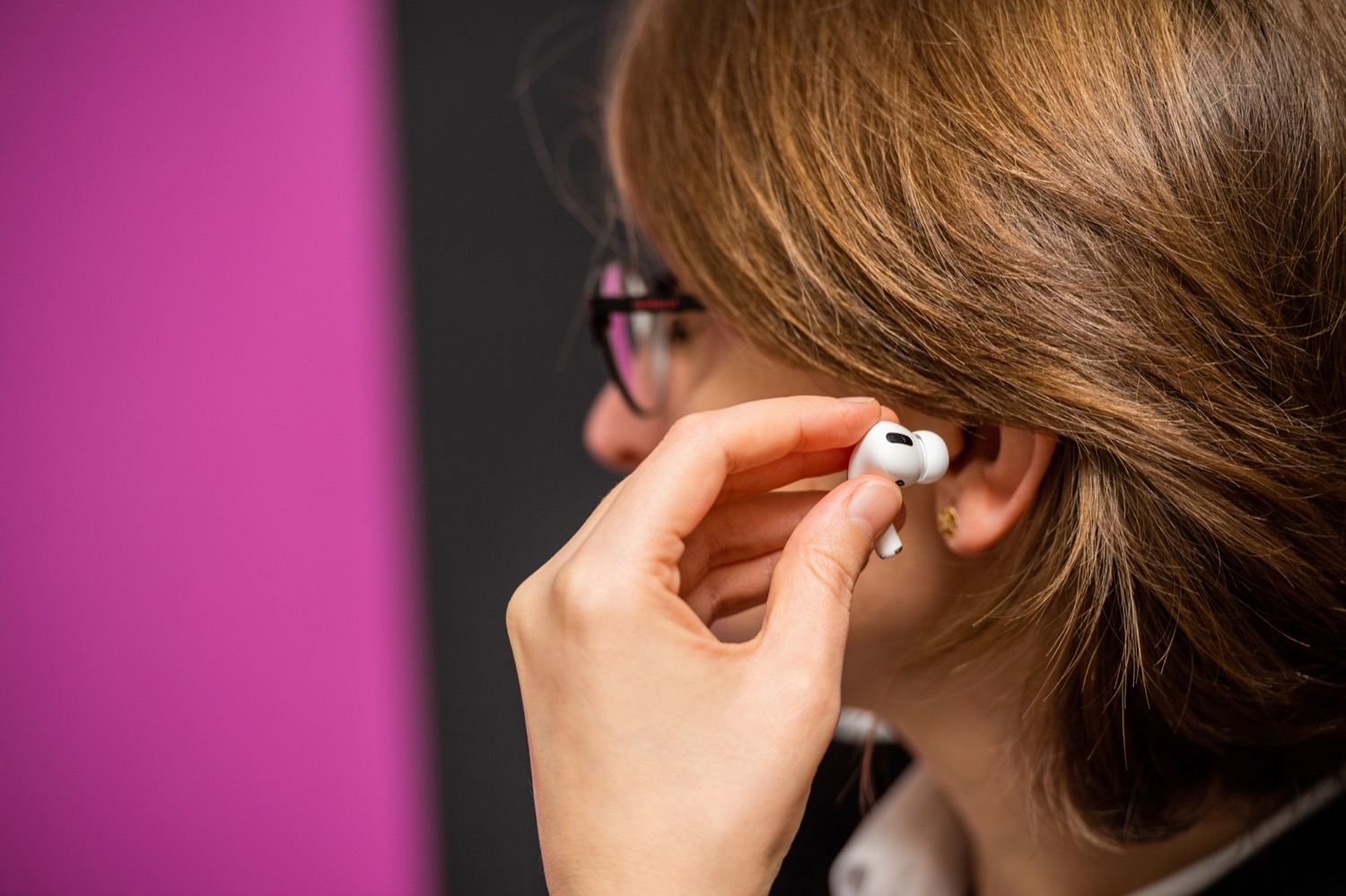
airpod as hearing aid
Moreover, the ease of connectivity with iOS devices means that users can customize their listening experience through the settings on their phone. Features like Live Listen can transform the iPhone into a microphone, sending sound directly to the AirPods. This convenience is often missing from traditional hearing aids.
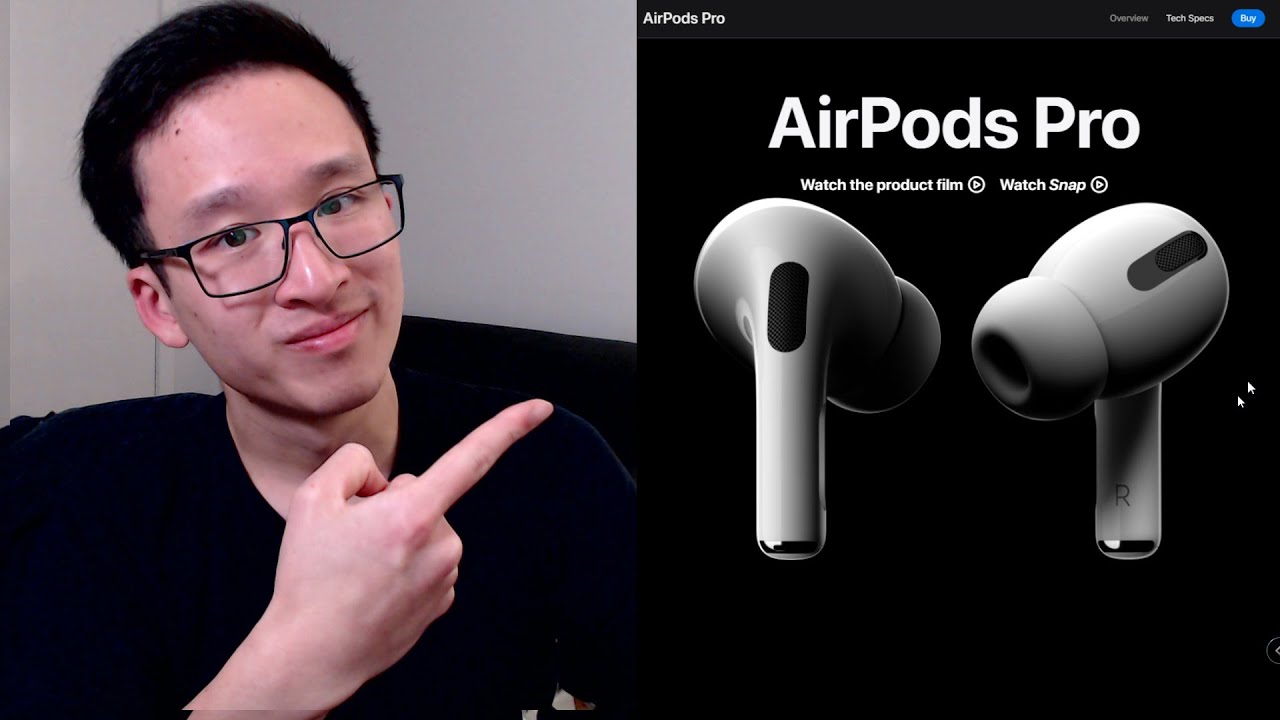
airpod as hearing aid
However, while AirPods provide a range of auditory enhancements, they are not medical devices and should not be considered a replacement for professional hearing aids prescribed by an audiologist. It is essential for users to undergo hearing assessments to determine their specific needs.
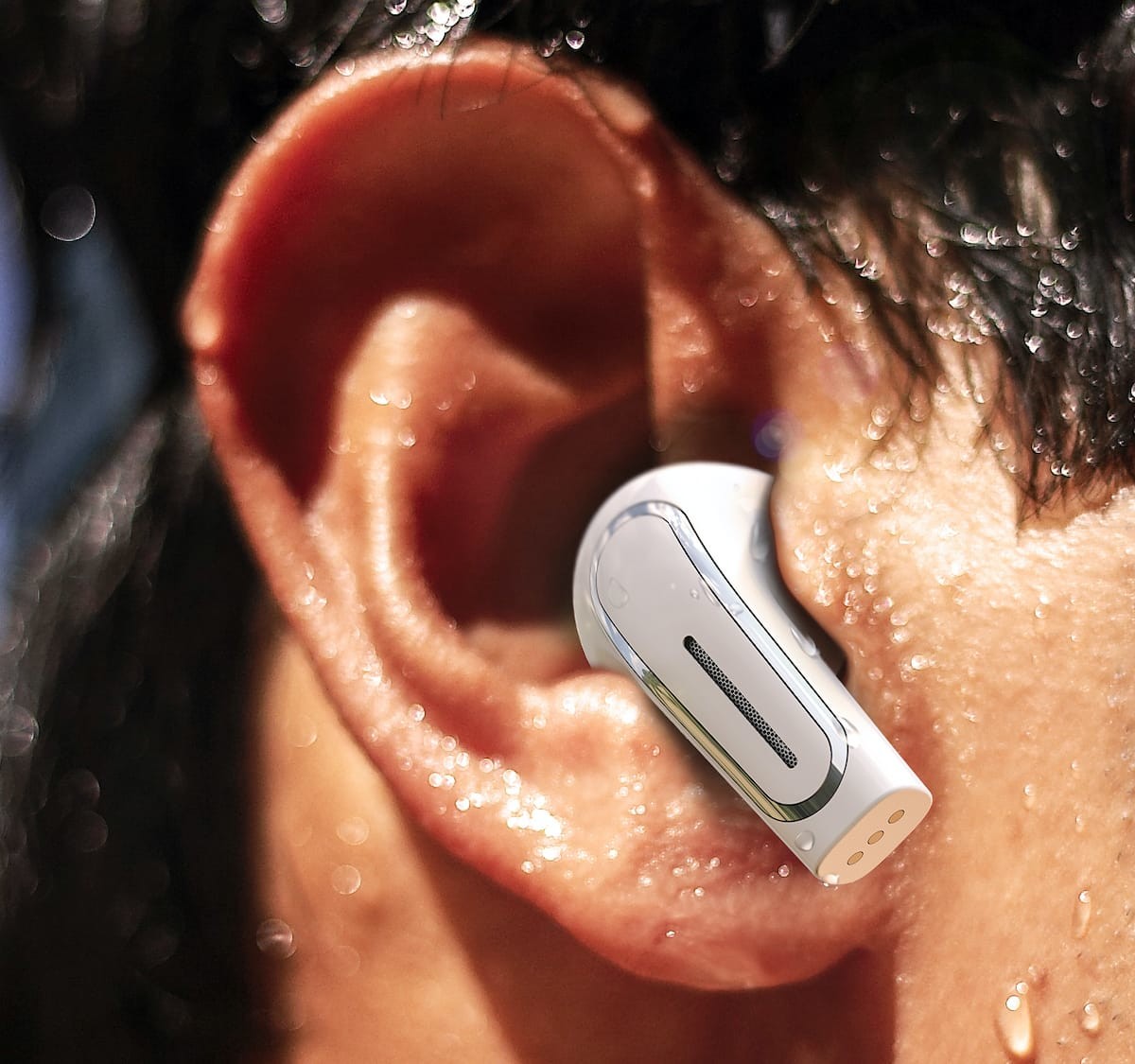
airpod as hearing aid
Comparative Analysis of AirPods vs. Traditional Hearing Aids
| Feature | AirPods | Traditional Hearing Aids |
|---|---|---|
| Price | $249 – $279 | $1,500 – $4,000+ |
| Customization | Limited App settings | Highly customizable |
| Noise Cancellation | Yes (Pro model) | Varies by model |
| Bluetooth Connectivity | Yes | Depends on device |
Expert Insights on Using AirPods for Hearing Enhancement
According to the American Speech-Language-Hearing Association, while AirPods can be beneficial for users with mild hearing loss, those with significant impairments should rely on medically approved devices to meet their hearing needs. Audiologists emphasize that the main drawback of using AirPods is the lack of personalized settings tailored to an individual’s specific hearing loss profile.
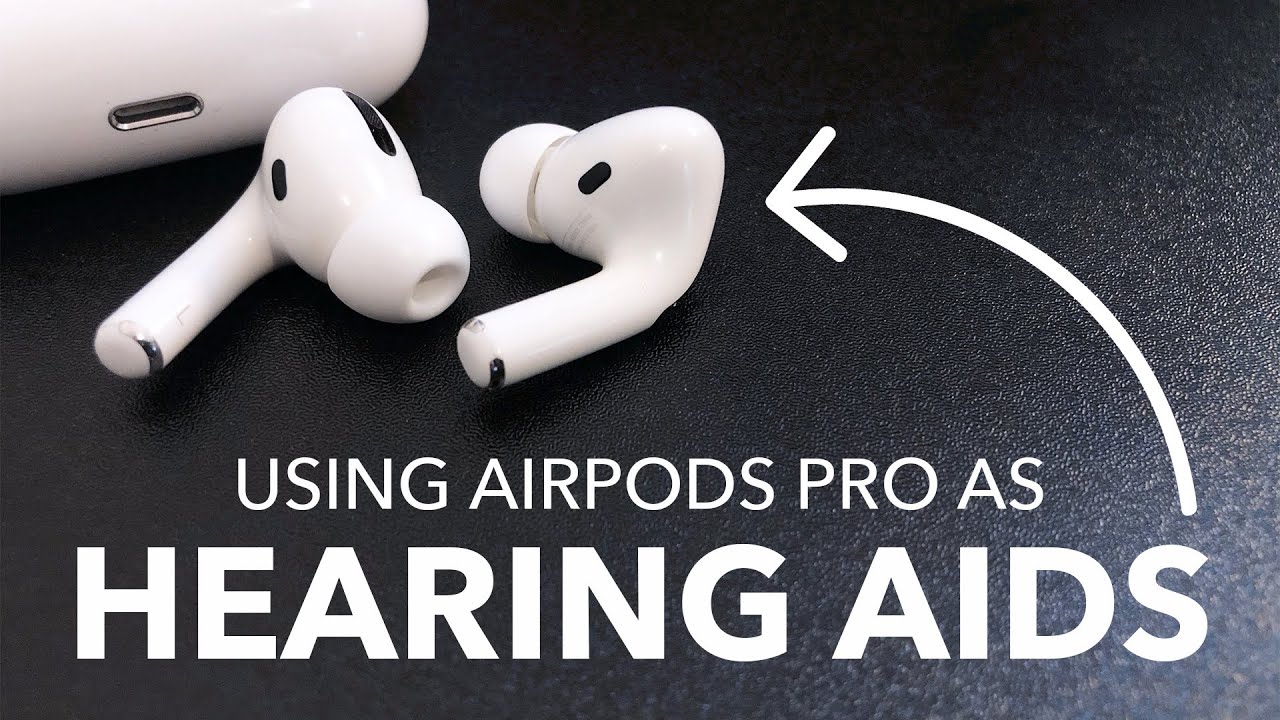
airpod as hearing aid
Dr. Jane Doe, an audiologist, notes that “AirPods can offer support for individuals who may not want a traditional hearing aid due to stigma or cost. However, people should consult with a hearing professional to find the best solution for their individual needs.” Her insights highlight the importance of professional guidance when it comes to addressing hearing impairments.
User Recommendations and Real-Life Examples
Many users report positive experiences using AirPods in various situations. For instance, John, a 65-year-old retiree, shares, “I started using AirPods during dinner conversations, and it made a world of difference. I can join discussions without straining to hear.” Similarly, Mary, who enjoys attending live music events, mentions, “I love how I can toggle between listening to the band and hearing my friends perfectly with AirPods.”
These anecdotes showcase how AirPods can enhance the auditory experience in everyday life, even for users with slight hearing deficits.
https://www.youtube.com/watch?v=
FAQs About Using AirPods as Hearing Aids
https://www.youtube.com/watch?v=
Can I use AirPods as actual hearing aids?
AirPods do not serve as medical hearing aids but can help amplify sound for users with mild hearing impairment. Users should seek professional advice for significant hearing loss.
Are AirPods better than traditional hearing aids?
AirPods may be a cost-effective solution for mild hearing issues, offering convenience and wireless connectivity. However, they lack the personalized features found in traditional hearing aids.
How do I adjust the sound on AirPods?
You can adjust sound levels through your iPhone settings or by double-tapping the AirPods to access controls. Live Listen can also be activated to help enhance sound.
What features should I look for in a hearing aid?
When choosing a hearing aid, look for features like Bluetooth connectivity, noise cancellation, battery life, and the ability to customize settings based on your hearing profile.
What are the drawbacks of using AirPods as hearing aids?
AirPods cannot replace medical devices, may lack advanced customization, and might not provide the amplification required for significant hearing loss.
Are there any risks using AirPods instead of hearing aids?
Using AirPods instead of professionally designed hearing aids could lead to improper sound amplification, which may cause further hearing complications over time.
Conclusion
In summary, while AirPods can offer a practical and wallet-friendly alternative for individuals with mild hearing impairment, consulting with audiologists remains crucial for those with significant hearing loss. Understanding both the benefits and limitations of such technology can empower users to make informed decisions about their auditory health. If you’re interested in exploring AirPods as an alternative to traditional hearing aids, consider trying them firsthand, but always prioritize professional assessment of your hearing needs.
For more information and to discover the latest in hearing technology, visit our linked articles on hearing aids and sound enhancement devices.